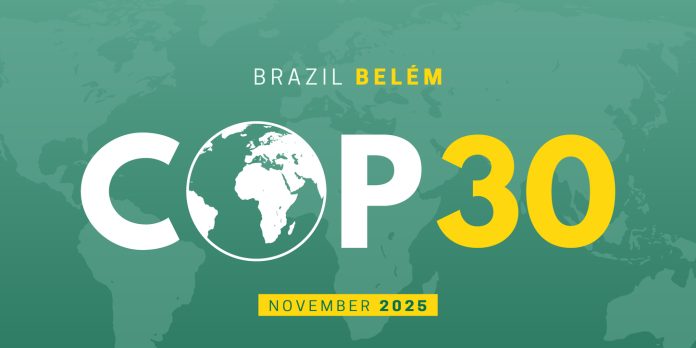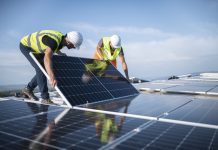As COP30 comes to an end in Brazil, the global spotlight is firmly on converting climate pledges into concrete action
After COP28 set ambitious goals to keep the 1.5°C target within reach, including commitments to scale down unabated coal and transition away from fossil fuels, this year’s conference is being framed as the moment countries must demonstrate real on-the-ground implementation.
Momentum builds, but the pace is still slow.
Recent years have seen significant progress in reducing reliance on coal. Since the signing of the Paris Agreement in 2015, the global coal project pipeline has shrunk by nearly two-thirds, and Latin America has now become the first continent free of planned coal projects. The rapid deployment of renewable energy is accelerating the shift, with the vast majority of new renewable installations in 2023 proving cheaper than new coal and even more affordable than many existing coal plants.
Across OECD countries, coal generation has dropped by half since 2015, and more than 60% of existing coal capacity is already retired or scheduled to close on a Paris-aligned timeline. This year also marks a global milestone where renewables have surpassed coal as the largest source of electricity generation.
Despite these developments, coal continues to provide about one-third of global electricity and remains responsible for 40% of energy sector emissions. The International Energy Agency warns that meeting the 1.5°C goal requires the immediate end of new unabated coal and the complete phase-out of existing plants by 2040. Current retirement rates fall far short of this trajectory, with only a quarter of the needed annual retirements achieved last year.
New PPCA members show growing global commitment
On the opening Monday of COP30 (17th November 2025), the Powering Past Coal Alliance (PPCA) welcomed two new members, the Republic of Korea and Bahrain. Korea, home to the world’s seventh-largest coal fleet and a major industrial exporter, has now committed to halting new unabated coal construction and phasing out existing plants.
This shift is expected to strengthen its competitiveness by attracting industries seeking zero-carbon power and by reducing dependence on imported coal.
Bahrain joins as a country with no coal power generation and a pledge to avoid future coal development. Both nations have signalled their intention to work with other PPCA members to accelerate the global transition from coal to clean energy.
With these additions, 62 countries are now part of the PPCA, supported by dozens of subnational governments, major financial institutions, and utilities.
Farah Heliantina, Assistant Deputy for the Acceleration of Energy Transition at the Coordinating Ministry for Economic Affairs, Indonesia, said;
“Through the CTC, we are turning global commitment into real action, action that take place in power plan, investment decision and our commitment. Indonesia shares real experience as a country that still relies on coal yet is determined to move forward towards clean energy.”
Launch of a new plan to accelerate coal transitions
One of COP30’s main announcements is the release of the PPCA’s Plan to Accelerate Coal Transitions. Developed with 29 countries, financial institutions, and partner organisations, the plan outlines specific steps to scale up early coal retirement, expand clean energy deployment, and strengthen policy frameworks.
It aims to help translate the political commitments of COP28 into tangible progress and supports the COP30 Presidency’s focus on making this an “Implementation COP.”
The plan highlights ongoing efforts to expand financing for coal-to-clean transitions, including the Climate Investment Funds’ $1.6 billion ACT programme and emerging mechanisms designed to attract private capital. Examples of successful transition models are also highlighted through the PPCA’s Solutions Bank.
Additional reports expected at COP30 will explore how to expand the pipeline of coal-to-clean projects and assess how certain existing coal plants could operate flexibly to support renewable integration during the transition period. With tools, financing, and policy models increasingly available, the challenge now is to scale them quickly.











